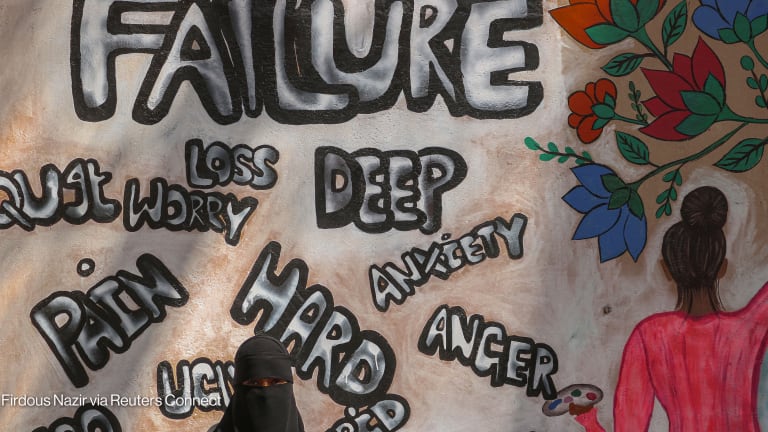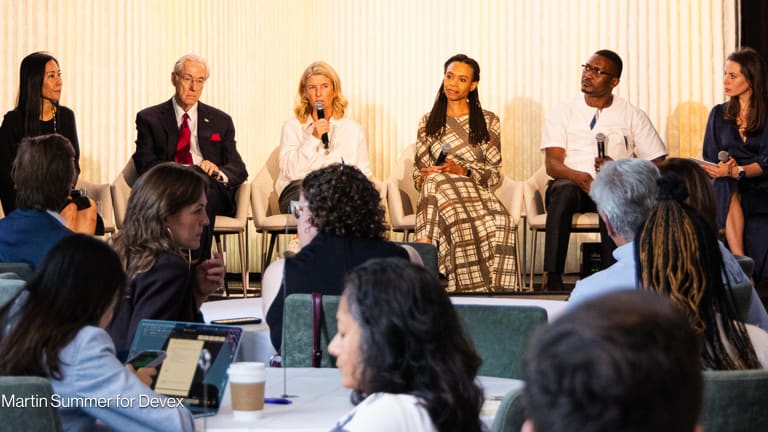Governments are finally waking up to the world’s growing mental health crisis but countries must make substantial reform, and not just in their health sectors, to make headway, health experts said during the 76th World Health Assembly in Geneva.
Three years of the COVID-19 pandemic have seen huge increases in global levels of anxiety and depression, triggering governments worldwide to confront the need for urgent action on mental health, which has long been neglected by global lawmakers.
Furthermore, with conflict and violence on the rise globally, the need for mental health support is set to increase as people face the associated trauma and loss, such as is being seen in Ukraine.
Printing articles to share with others is a breach of our terms and conditions and copyright policy. Please use the sharing options on the left side of the article. Devex Pro members may share up to 10 articles per month using the Pro share tool ( ).








